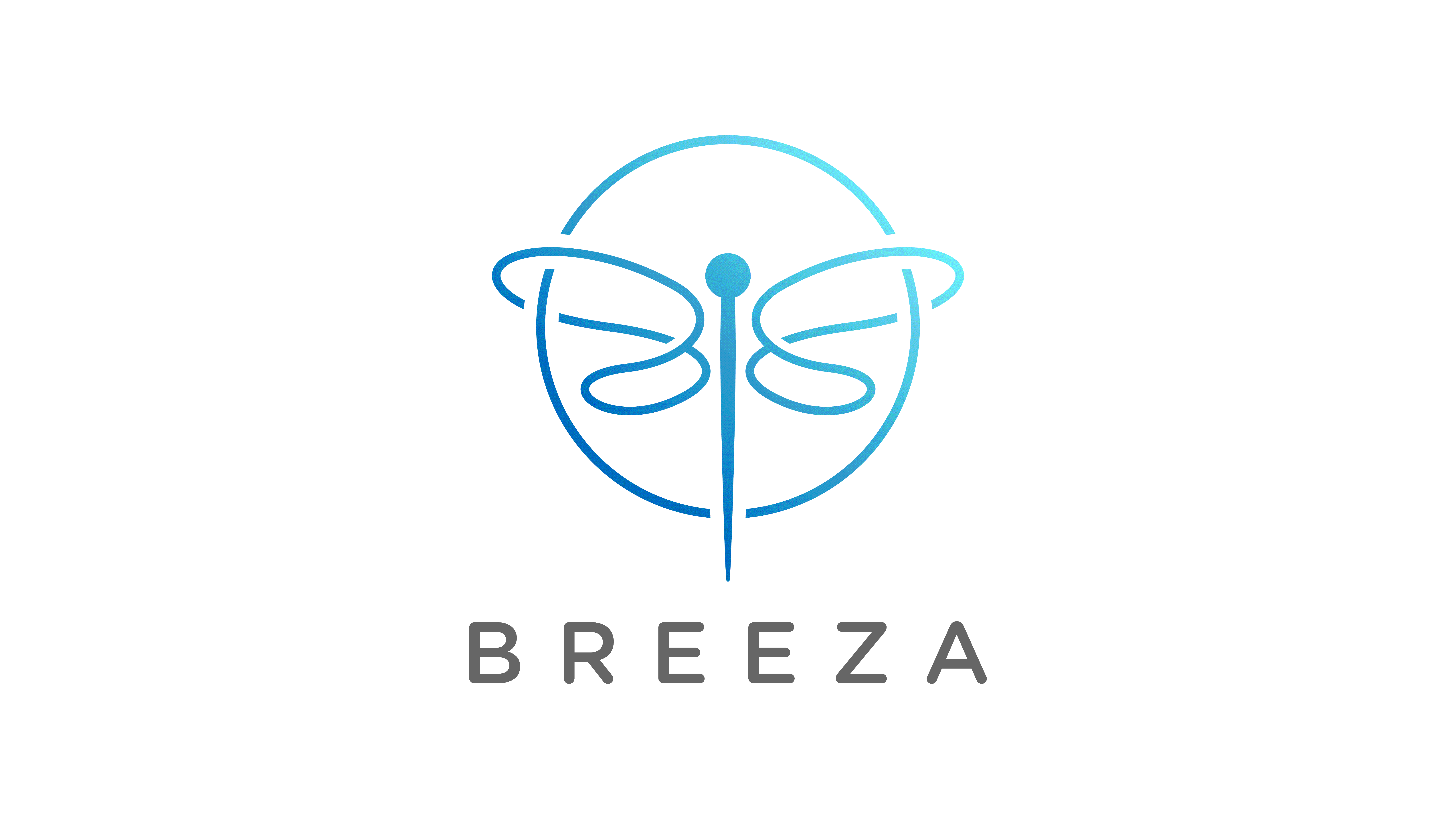top of page

Quick FAQ's
Can expats buy properties in Croatia?
Yes, there are no restrictions regarding foreigners and property purchases in Croatia as long as this is not state.
Types of properties you can buy as a foreigner
– houses,
– hotels,
– villas,
– residential properties,
– land,
– office spaces
Documentation verification made by our law firm in Croatia?
The preliminary agreement, the history of the property and title deed are among the documents that can be verified from a legal point of view by our Croatian lawyers.
Real estate tax in Croatia?
3% property transfer tax paid by the buyer
Possibility to buy without visiting Croatia?
Yes, buying a house in Croatia is possible without citizens traveling to this country.
Residence permit issued for buying property in Croatia?
Yes, a residence permit can be issued for living a minimum of 9 months in Croatia.
Buying a property in Croatia through mortgage?
Available option. You will need 50% down for villas and 40% down for apartments.
Can a property price be negotiated in Croatia?
Yes, but it depends on the seller.
What types of properties you cannot buy in Croatia as a foreigner?
Agricultural lands unless you own a company, state-owned properties, forests, etc.
Retirees purchasing properties in Croatia?
EU and non-EU citizens can easily buy properties in Croatia if they want to retire to this country.
Temporary residence permit types
– employment,
– family reunification,
– study,
– training,
– medical treatments
Documents for obtaining temporary residence
– valid passport,
– work contract,
– criminal record,
– accommodation
Minimum temporary residence before applying for permanent residence
5 years
How can our Croatian lawyer help you?
– personalized assistance for immigration cases,
– representation at the police station for registration,
– submission of documents and applications
bottom of page
